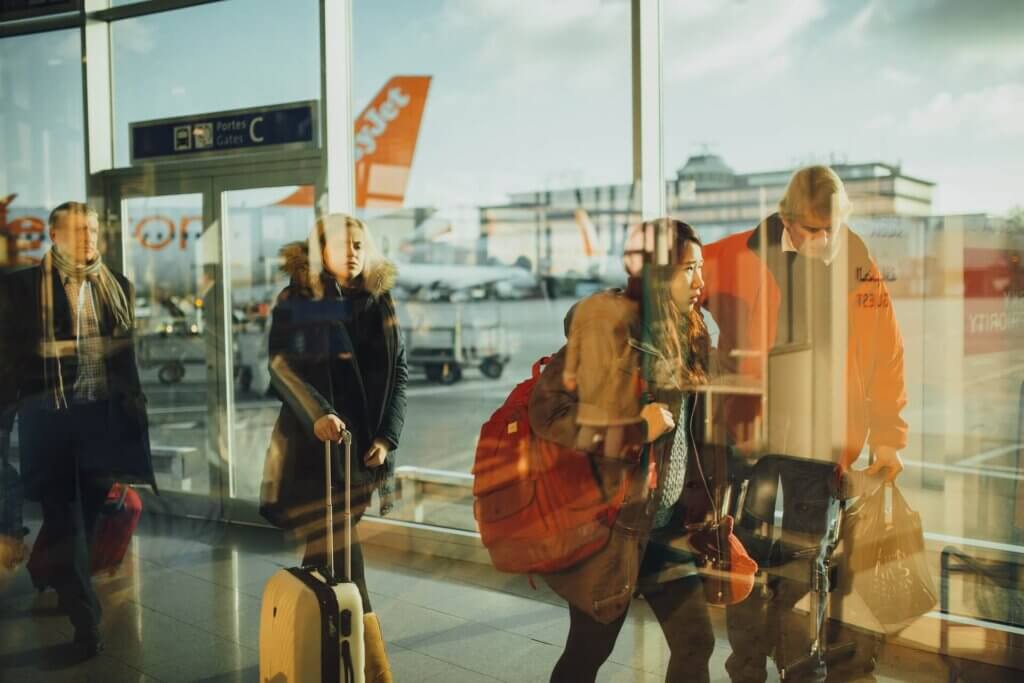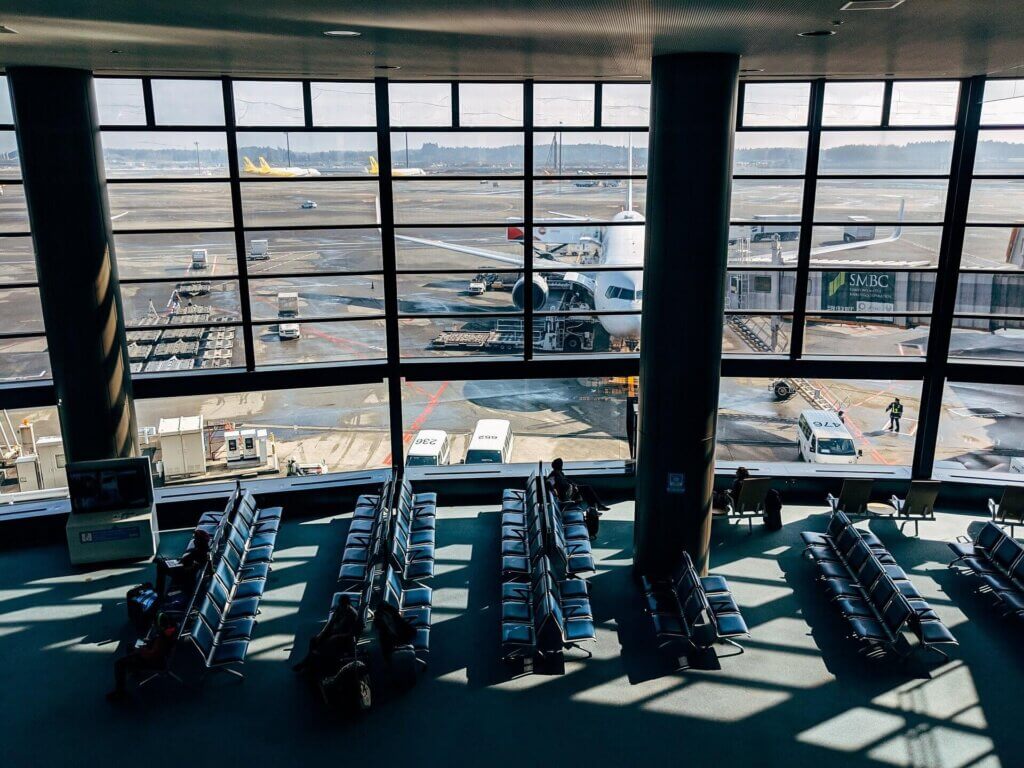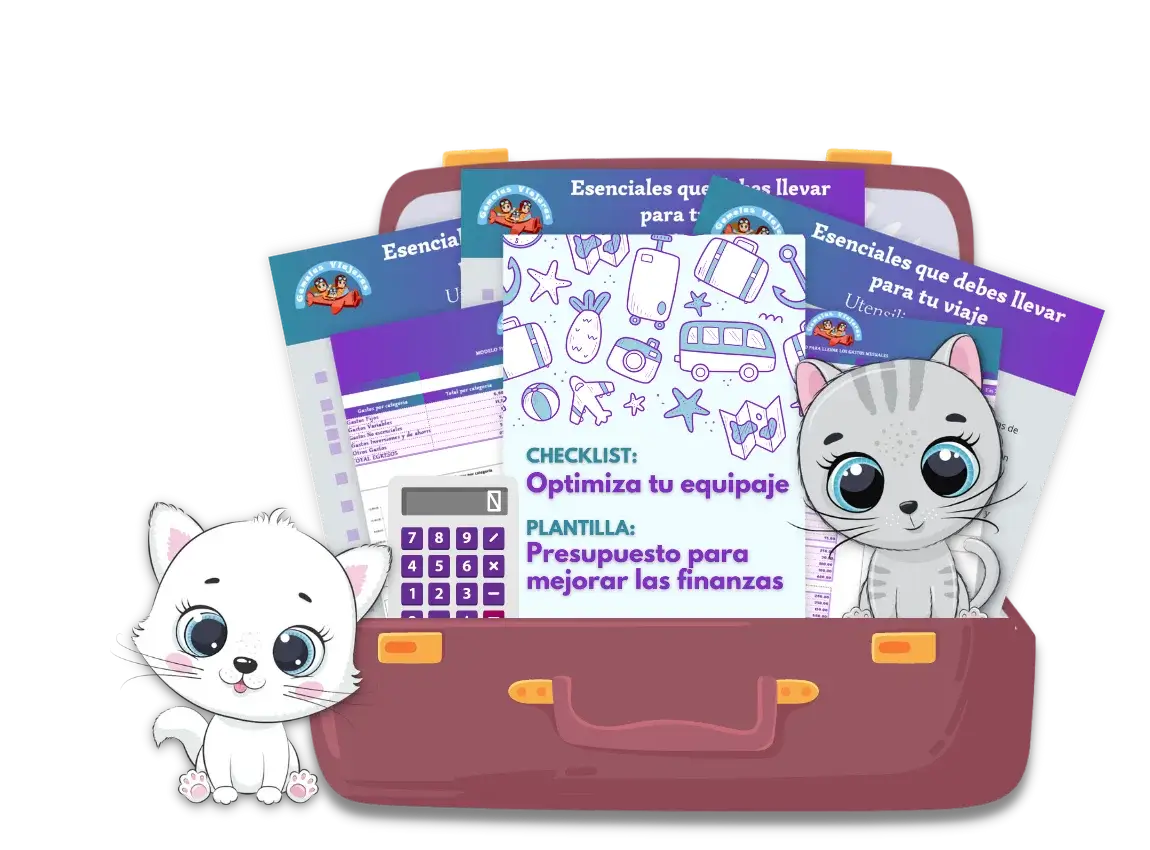When flying, we must maintain a consistent behavior and it is good to be aware of this.
In this post we will share some simple recommendations to avoid certain frustrating facts that we have seen on our travels regarding passengers and the personnel crew and it happen often.
If we, as passengers, implement these recommendations, we will ensure a harmonious and cordial relationship with the aircraft staff, who are there to assist us, but not to withstand our lack of tact.
Some tips and recommendations
- Upon entering the plane, we greet all the staff: flight attendants, overcharges, cabin crew. They are trained to recognize characters of problematic people and a problematic personality sign can be to overlook basic standards of courtesy and education.
- Wear comfortable shoes, especially on long flights. For many people it can be unpleasant to see the seatmate take off their shoes. In some cultures it is even offensive. On the other hand, and this has to be said, some people smell their feet badly and this is a big problem in the closed environment of the plane.
- The call-up buttons you never use as soon as you get on the plane. The first 15 minutes the flight attedants are very busy and calling them to ask for a glass of water is a lack of consideration. This applies to the last 15 minutes of the flight.
- Rather than calling the flight attendant, you may be better off going to the kitchen and ordering water, food or whatever you’re needing. In fact, if you have lunch and stay hungry, you can even repeat lunch if you approach the kitchen. It is common for lunches that are not requested and then discarded.
- If you carry a small bag or package, place it under the front seat. You inopportunely ask the flight attendant to keep it in the upper suitcase compartment or wherever. Try to handle your small packages yourself.
- The most critical moments of the plane are the three minutes after take-off and the eight minutes before landing. Passengers are being pushed to fasten their seat belts, and rightly so. You should always do it at the time they ask you and not take this attitude “wait, I do it after finishing this”. When you land, the plane is rolling at high speed and if there is an obstacle in the way and suddenly brakes, the inertia is much greater than if you go in a car. The thrust power of an aircraft when it is rolling is about ten times greater. Avoid an accident.
- Turn off all electronic devices while on takeoff or landing maneuvers. They can interfere with communications with the control tower at those critical times. In addition by the same maneuvers can fly out your devices like a laptop and hit you or someone else.
- There are some people who, because they want a souvenir or out of boredom, take the lifeguards that are under the seat. It’s always good to check once you feel the lifeguard is under your seat. If not, you can ask for it.
- Even if you’ve flown thousands of times, always pay attention to the crew’s safety instructions. We’ve seen a lot of people wearing headphones or chatting with others while the flight attendant or overcharge gives the safety instructions. In addition to being of terrible education, it is important to pay attention on each flight, because there may be variations in the protocol or it may be that a certain safety accessory is in different place on one airline or another.
- As a health recommendation: try not to order coffee or tea on a plane. We know that the water with which they make infusions is not the cleanest. Airlines do not regularly clean water pipes.
- You should know that the folding table at the back of the seat back is one of the least hygienic areas of the aircraft. We know from reliable sources that there are even items inside the bathroom with fewer bacteria and viruses than that little table. If you have wet towels use them to clean the coffee table, air conditioning grills and the bathroom door button.
- The pillows and blankets they give you do not wash them after each use. The airline decides when it washes them, but that’s after having gone through the bodies of several passengers. That’s why, for long trips, bring your own blanket and travel pillow.
- In case of turbulence, keep calm. No matter how much turbulence there is, the plane is not going to get upside down on or split in two. They are just movements of air masses that make the plane jump. What we do is see the flight attendants and if we observe that they continue with their routine and chores, we do not worry. But sometimes the turbulence is so strong that the crew sits down and buckle up. In those cases we know that there is no danger either, but the move will be strong.
- Do not use, unless it is an emergency, the bathroom of the plane when you are preparing to take off or land. In fact the pilot is not going to take off as long as there is someone in the bathroom. We often see that some people “feel like” going to the bathroom just before takeoff or when arrival at destination is near.
- Finally, don’t get in the way or hinder the hallways when the flight attendants and overcharges are with the food cart. A package no matter how small, even a misplaced foot can obstruct the passage of the cart that spans virtually the entire width of the aisle.
Conclusions
Just as in the previous article we discussed the rights of passengers, it is important that we as passengers, do our part to make the trip as pleasant as possible.
It is possible that living in a narrow plane cabin, with so many people and so much time on intercontinental flights can cause some stress, but following some common sense rules it is possible to oil and harmonize relationships when we travel.
Do you think there are any courtesy rules that we don’t mention here?
Leave a comment!


